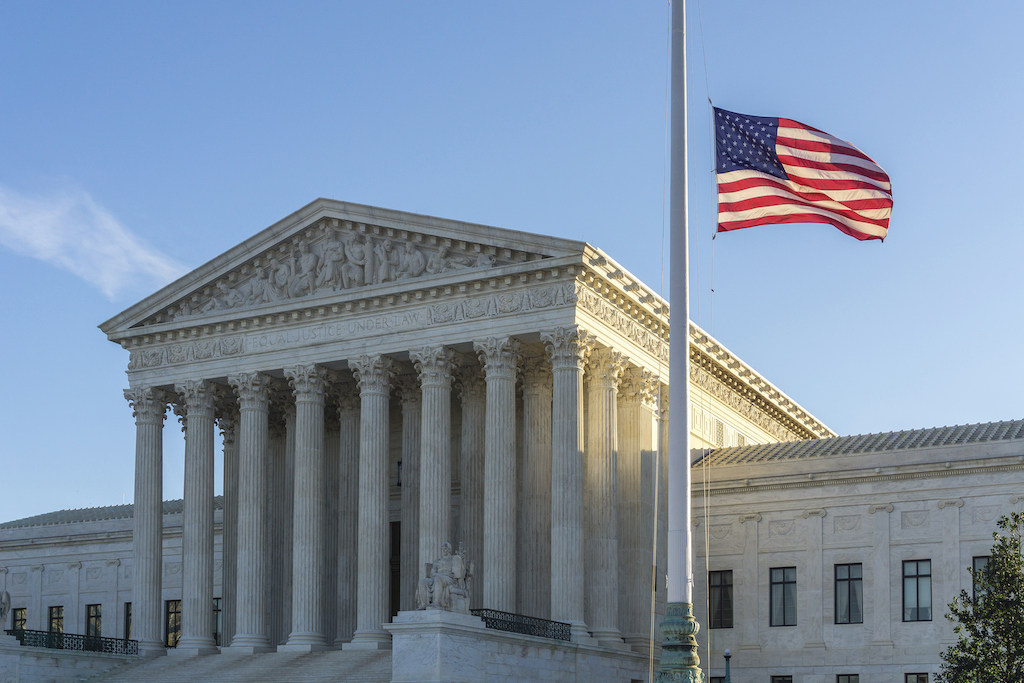
In a 6-1 ruling, the Florida Supreme Court recently upheld the state’s ban on most abortions after 15 weeks, paving the way for a more restrictive ban after six weeks of pregnancy. The legislation, signed into law by Governor Ron DeSantis in 2022, drastically reduces abortion access in Florida. Here’s an overview of the changes and potential implications:
15-WEEK BAN:
The law, known as HB 5 or the Reducing Fetal and Infant Mortality bill, prohibits abortions after 15 weeks and six days of pregnancy, with exceptions for life-saving measures or in cases of fatal fetal abnormalities. Physicians violating the law could face up to five years in prison, while the law went into effect on July 1, 2022, replacing the previous allowance of abortions up to 24 weeks.
LEGAL CHALLENGE:
Legal challenges against the law, mounted by organizations like Planned Parenthood and the ACLU, argued that Florida’s constitution, with its privacy clause adopted in 1980, protects abortion rights. However, the court ruled that the clause primarily pertains to informational privacy rather than abortion, despite the absence of explicit mention during its adoption.
6-WEEK BAN:
Following the U.S. Supreme Court’s overturning of Roe v. Wade, Florida passed a six-week ban under SB 300, the “Pregnancy and Parenting Support Bill.” This ban, enacted a month after the 15-week ban was upheld, includes exceptions for cases involving rape, incest, or fetal abnormalities until 15 weeks of pregnancy.
ABORTION AMENDMENT:
In a separate ruling, the Florida Supreme Court allowed a ballot measure, Amendment 4, which would enshrine abortion rights in the state constitution. The proposed amendment ensures access to abortion before viability or to protect the patient’s health, with parental notification requirements for minors. This amendment, if approved by voters in November, would override the six-week ban.
The legal landscape surrounding abortion in Florida remains contentious, with significant implications for reproductive rights in the state.


















